undercurrents festival brings two world premieres to Ottawa this February
Ottawa is a funny place for theatre-makers. It’s large enough to house the National Arts Centre, but small enough that indie artists don’t always know where else to stage their work. For many creators, the Ottawa Fringe is the primary opportunity to produce original work in the city. But once that’s done and dusted, what’s next?
That’s where undercurrents, the festival that aims to bridge the gap between emerging and mainstage, comes in. Produced by the Ottawa Fringe to showcase contemporary work from local and national creators, the festival is a label-defying feast of the freshest theatre Canada has to offer.
For medical doctor and fiction writer Melissa Yuan-Innes (Yi), the festival presents the ideal opportunity to flex her theatre muscles. “[Theatre] is kind of foreign territory,” she explained in a phone interview. “I’m more comfortable with books and print. But theatre is a bit of a different animal.”
Her play Terminally Ill is one of two world premieres from Ottawa-based artists featured at this year’s festival. Adapted from her novel of the same name, the show follows medical doctor Hope Sze in her attempts to solve the attempted murder of an escape artist. (New dream job alert: crime-solving doctor.)
When asked about the experience of developing this story for the stage, Yi expressed how different the media are: “I do love the subtlety of writing fiction,” she said. “You can give a lot of clues, through description and through other characters… [but] on stage you’re going to have to be a little bit more broad about it.”
Despite needing to alter certain elements for theatre, Yi was adamant on staying true to the story’s scientific roots. “For me, the medical realism was important,” she said.
Whether for financial or dramaturgical reasons, theatre often strives for simplicity. When it comes to the world of medicine, though, simplification can lead to misrepresentation. “That’s a big problem with medical shows… reduce costs, reduce the cast, right?” she said. “Then you have one doctor [doing] the surgery and… the emerg.”
Because she wanted to avoid such faux pas in Terminally Ill, Yi often found herself speaking up during the rehearsal process.
“The director [Micah Jondel DeShazer will go], ‘Oh, this will be hilarious, let’s do this.’ And I’m like, ‘That is medically inaccurate… it makes her look incompetent, if you do that,’” Yi laughed. “So we have to negotiate some things.”
Though the novel was originally published in 2014, it is the third of nine installments in the Hope Sze Medical Crime series that Yi continues to work on to this day. “I never let Hope go,” she told me. “But it’s still interesting to see how she’s evolved.”
Yi isn’t the only undercurrents artist whose story has lived many lives since its first draft.
“I initially wrote this as a 10-minute play,” Ottawa playwright Vishesh Abeyratne said in an interview about his show Blood Offering. The second world premiere at undercurrents, the play underwent intensive development. “Now it’s finally [a] full production, which is…” he found himself at a loss for words. “It’s been a remarkable journey.”
Abeyratne describes Blood Offering as a “modern tragedy.” It takes place in an unidentified American town in the aftermath of a mass shooting. Holding up a mirror to our collective unconscious biases, Blood Offering is an exploration of “being a brown man in a post-9/11 North America,” the playwright explained.
Like Yi, Abeyratne felt compelled to use his writing to advocate for proper representation of front-line workers. “The main hero of this play is a teacher,” he told me. “He’s an educator in an underfunded public school [and] he is fighting an uphill battle with very, very limited resources.”
Drawing inspiration from his partner, who’s a teacher, Abeyratne hopes that Blood Offering will shed light on the realities of being an educator and “humanize them in the eyes of the public” instead of “treating them as glorified babysitters.”
“I wanted to put a teacher on stage that was heroic… without being the sort of typical, inspirational kind of Hollywood stereotype, but who is himself – a flawed human being,” he said.
In addressing racism and gun violence, Abeyratne recognizes that the play’s content is not for everyone: “If you’re in for that kind of heavy subject matter, great. Welcome aboard. If not, you know, there’s a ton of stuff out there to see.”
And therein lies the wonder of undercurrents; it provides the perfect sandbox for artists who, like Yi and Abeyratne, are keen to infuse the Ottawa theatre scene with deep, authentic representation of IBPOC stories.
“There’s sort of a permissiveness to explore topics that are a little bit more risqué… to tell stories that are a little bit darker, a little bit weirder, a little bit, kind of out of the box,” Abeyratne said. “[Blood Offering] is the kind of play that thrives in the environment that the undercurrents festival provides.”
“They genuinely seem to want to have new producers [and] better representation,” Yi told me. “I [feel] proud that, in Ottawa, [Terminally Ill has] excellent Asian-Canadian representation, which is very difficult to find.”
“That’s the advantage of having a theatre festival with [a] broad selection of plays – there’s something that can cater to all theatre tastes,” Abeyratne said. “If you’re into comedy, there’s shows that will definitely make you laugh. If you’re in for a more contemplative, dreamlike experience, you’ll certainly get that, too. And if you’re looking for a play that will really take you to the psychological and emotional edge? There’s that as well.”
undercurrents opens February 7 and runs until February 17 at Arts Court in Ottawa. You can learn more about the festival here.

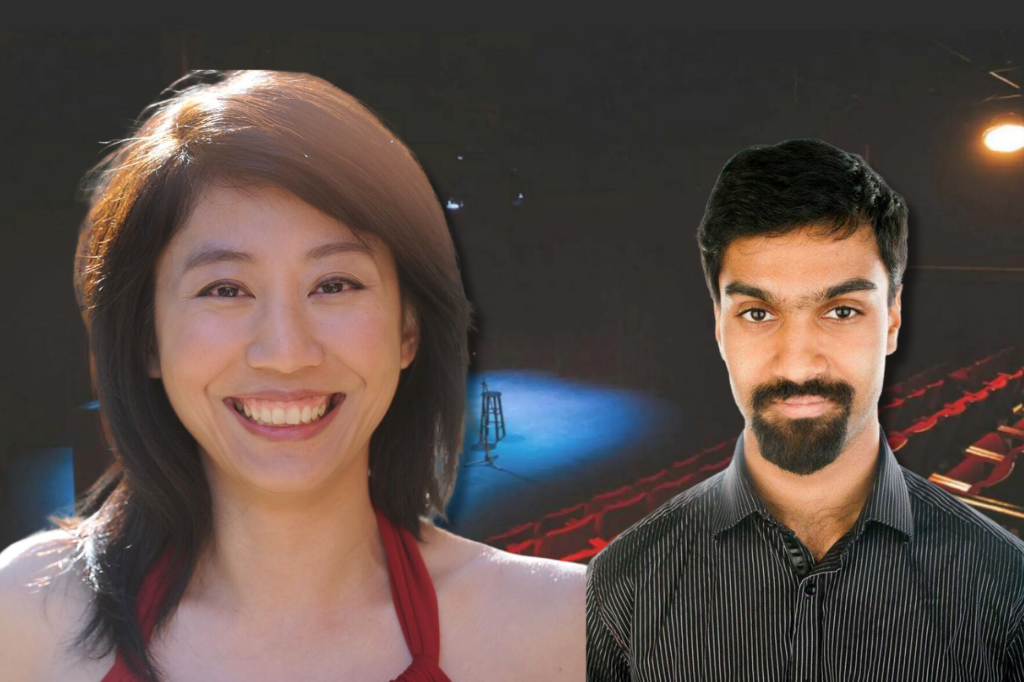
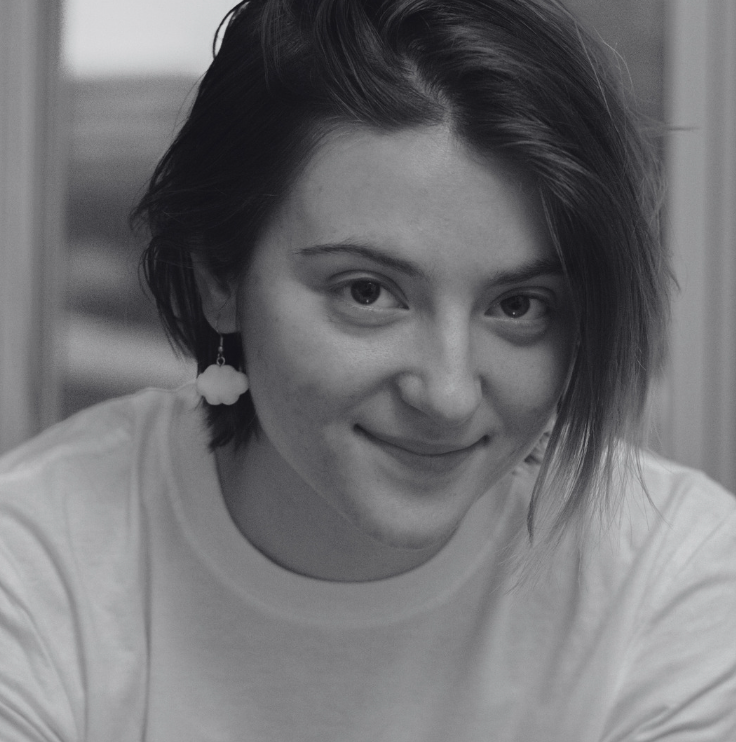








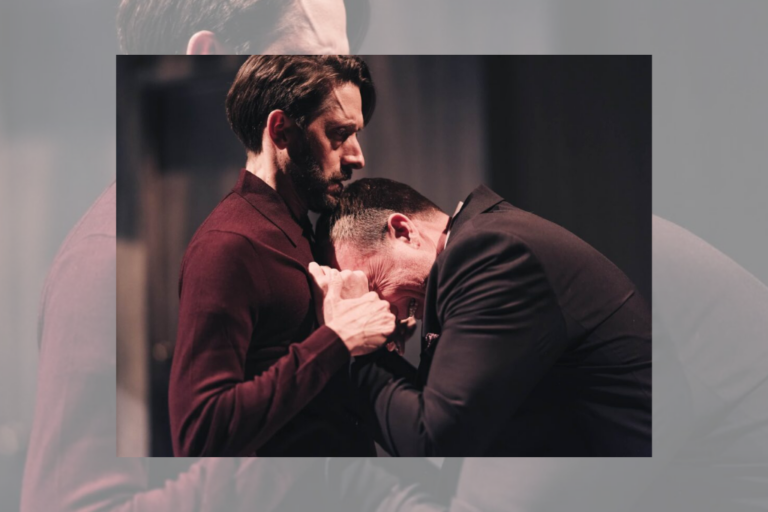
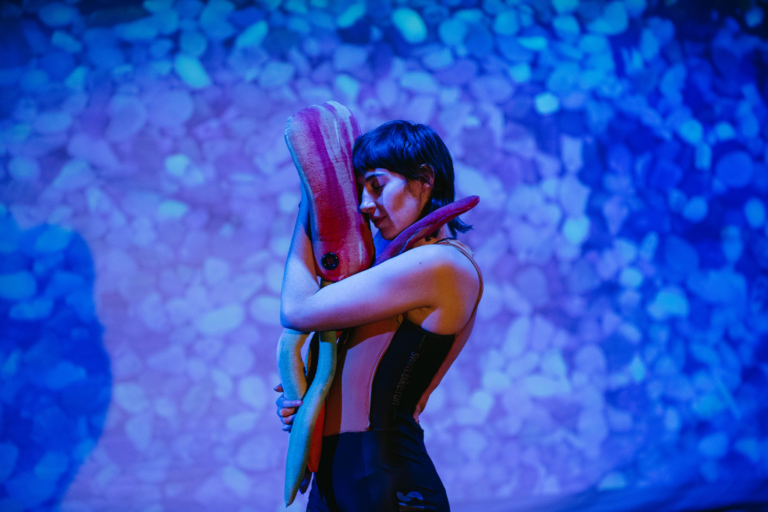
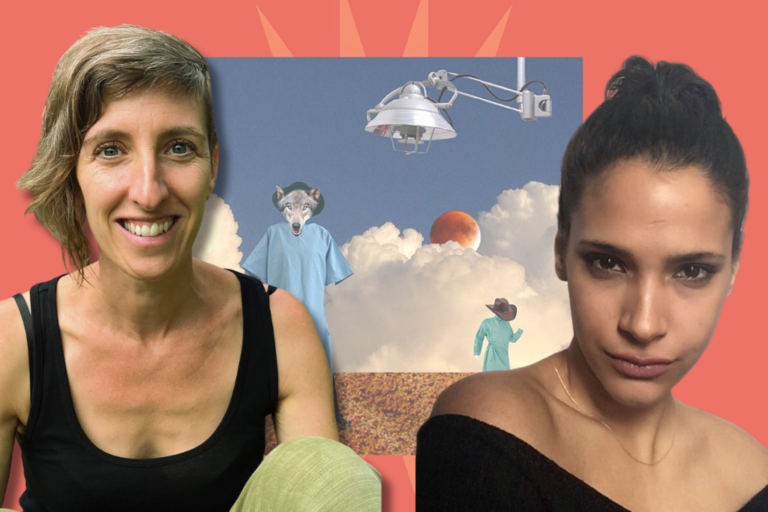
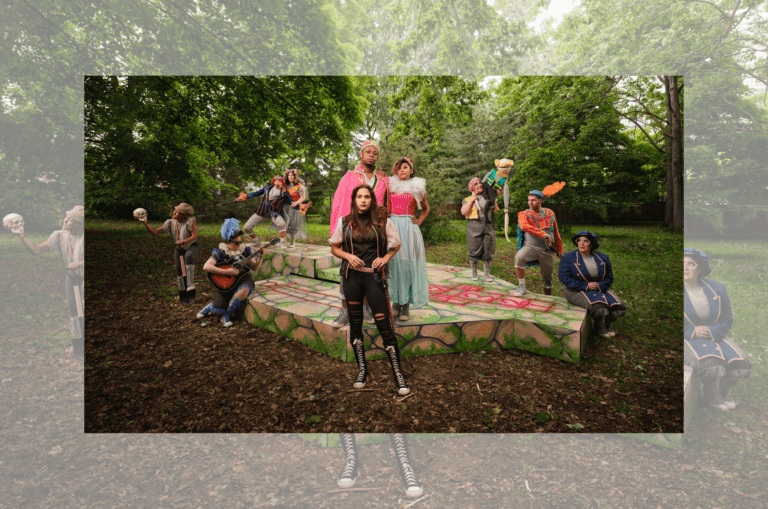
Comments